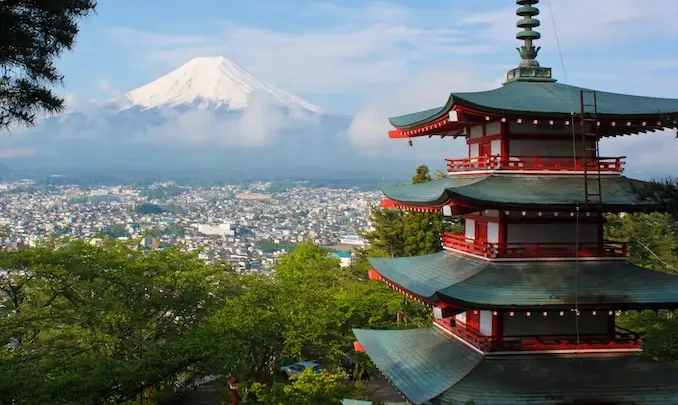Following an eight month pause in shipments, Japan has resumed imports of Russian oil, according to a report by S&P Global Platts, which cited the nation’s ministry of economics, trade, and industry.
Japan accepted delivery of 747,706 barrels of crude in January from the Sakhalin-2 oil and gas project in the Far East in Russia, according to preliminary data released by the ministry February 28th. Taiyo Oil accepted the deliveries, with their spokesman noting the deliveries were part of the remainder of its 2022 contract.
Prior to the January delivery, the last delivery from Russia which Japan received was just over 650,000 barrels of crude it had imported last May. Later in the year, Japan had joined the Western price cap which had been imposed on Russian seaborne crude cargoes by the EU, the G7 countries, and Australia. The price cap was an attempt to limit Russian profits from energy sales, without significantly impacting global supply and driving prices higher, which could adversely affect Western economies. However Japan stipulated that deliveries from the Sakhalin-2 project were exempted from the cap because including them could jeopardize the nation’s energy security.
In addition to oil, the Sakhalin-2 project supplies Japan with liquified natural gas (LNG), accounting for about 9% of Japan’s LNG import volumes, and roughly 3% of its electric power. Shunichi Kito, the president of Japan’s Petroleum Association, said last month that if the nation deems it necessary to maintain an uninterrupted LNG supply, Japan may resume imports of oil from the project absent any application of the price cap.
The economy ministry has noted, both the production and liquification of gas at the Sakhalin-2 project may need to stop if the oil reservoirs at the project overfill, which could occur if there is not enough crude from the project being removed for shipments. For that reason, Japan may need to accept deliveries of Russian crude from the project, in order to maintain its LNG supply.
However Japan’s reluctance to partake of the price cap may not be entirely for technical reasons relating to the Sakhalin-2 project’s operation. Russia has repeatedly stated than any nation which attempts to impose the price cap on sales of Russian products could be deemed unfriendly, and cut off entirely from any Russian energy products.

